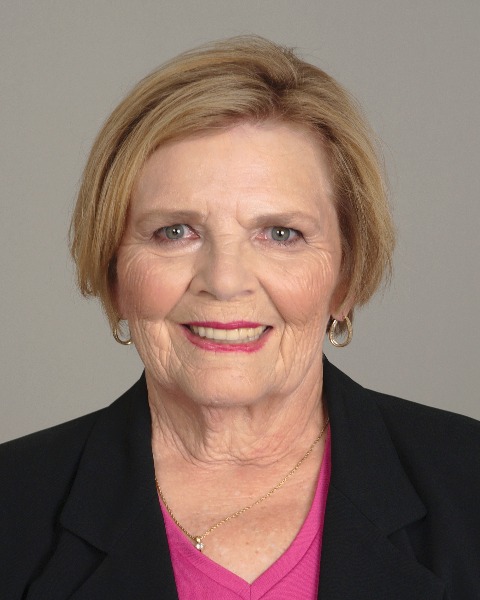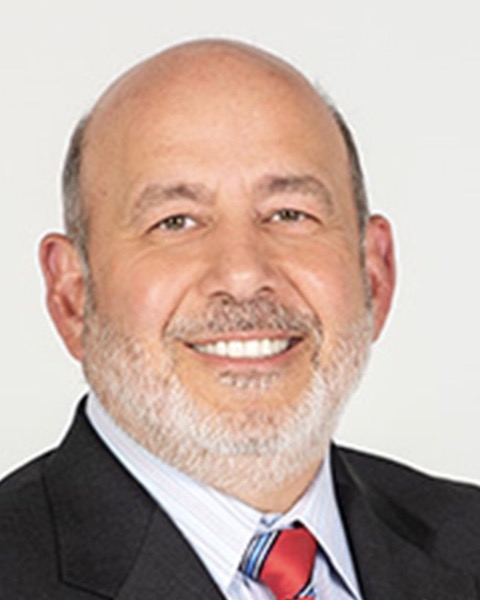Back
Medical Review Officer Comprehensive Course- day 2
Saturday, April 26, 2025
8:00 AM – 5:00 PM CT
Location: 301-302
Claim 7.5 CME
The need for trained medical review officers (MROs) to evaluate drug and alcohol test results is enormous, and it is estimated that more than 20 million Americans are covered by programs requiring testing. Physicians in many specialties conduct drug and alcohol tests for businesses, industries, government agencies, and schools. The Drug-Free Workplace Act affects all federal agencies, and mandatory alcohol and drug testing is now required of all intrastate truckers, commercial driver’s license holders, pilots, and other transportation workers.
ACOEM has been the educational provider of choice for MROs since 1990. More than 17,000 physicians have completed ACOEM’s highly acclaimed training.
Format: Lecture/discussion, self-assessment exercises, case studies, panel, questions, and answers.
Syllabus: Several sets of materials will be distributed electronically approximately 6 weeks before the course (or within 10 days of ACOEM receiving your registration if you register later):
1. MRO Course Syllabus
2. MRO Resource Manual
Registrants will receive an email with instructions on how to access and download the digital files. In addition, a hard copy of the syllabus will be distributed when they check-in for the course; hard copies of the MRO Resource Manual will not be available.
Registrants are strongly encouraged to review the materials in advance, beginning at least two weeks before the course. The pace of the course is fast and familiarity with the information will prove beneficial.
Registration
Additional registration is required for this course. Attendees may choose to register for this two day course only, without enrolling in the full AOHC 2025 conference. To do so, please select the "pre/post-conference course only" option on the AOHC registration site. For questions, contact us at educationinfo@acoem.org. Registration includes course materials, breakfasts, lunches, breaks, and CME credits. Tuition details are provided below:
ACOEM Member: $955
Non-Member: $1169
Resident/Retired/Student Member: $595
*Please note that fees increase after February 17, 2025.
TARGET AUDIENCE
You should attend this course if you are:
A physician seeking to update or enhance knowledge of drug and alcohol testing and/or perform as an MRO
A physician preparing to take the Medical Review Officer Certification Council’s (MROCC) initial certification or recertification examinations and needing to meet the MROCC’s CME eligibility requirement
A physician or other health care professional interested in interpreting federal regulations governing truckers, pilots, other Department of Transportation workers, federal contractors, and workers in the energy industry.
A physician or other health care professional interested in developing or improving skills in conducting drug screening of urine, oral fluid, hair, and breath alcohol testing, evaluating results,and addressing job safety and return-to-work issues.
Note: The MRO Comprehensive course fully meets the DOT MRO Qualification Training requirements.
MRO CERTIFICATION EXAM
The Medical Review Officer Certification Council (MROCC) will host an MRO Certification exam session following ACOEM’s MRO Comprehensive course. Registration for the MRO course does not constitute registration for the examination.
For more information on the MRO exam please contact MROCC directly at www.mrocc.org or 847/631-0599.
ACOEM has been the educational provider of choice for MROs since 1990. More than 17,000 physicians have completed ACOEM’s highly acclaimed training.
Format: Lecture/discussion, self-assessment exercises, case studies, panel, questions, and answers.
Syllabus: Several sets of materials will be distributed electronically approximately 6 weeks before the course (or within 10 days of ACOEM receiving your registration if you register later):
1. MRO Course Syllabus
2. MRO Resource Manual
Registrants will receive an email with instructions on how to access and download the digital files. In addition, a hard copy of the syllabus will be distributed when they check-in for the course; hard copies of the MRO Resource Manual will not be available.
Registrants are strongly encouraged to review the materials in advance, beginning at least two weeks before the course. The pace of the course is fast and familiarity with the information will prove beneficial.
Registration
Additional registration is required for this course. Attendees may choose to register for this two day course only, without enrolling in the full AOHC 2025 conference. To do so, please select the "pre/post-conference course only" option on the AOHC registration site. For questions, contact us at educationinfo@acoem.org. Registration includes course materials, breakfasts, lunches, breaks, and CME credits. Tuition details are provided below:
ACOEM Member: $955
Non-Member: $1169
Resident/Retired/Student Member: $595
*Please note that fees increase after February 17, 2025.
TARGET AUDIENCE
You should attend this course if you are:
Note: The MRO Comprehensive course fully meets the DOT MRO Qualification Training requirements.
MRO CERTIFICATION EXAM
The Medical Review Officer Certification Council (MROCC) will host an MRO Certification exam session following ACOEM’s MRO Comprehensive course. Registration for the MRO course does not constitute registration for the examination.
For more information on the MRO exam please contact MROCC directly at www.mrocc.org or 847/631-0599.
Learning Objectives:
- Describe the magnitude of substance misuse in the U.S. and workplaces.
- Develop effective urine collection and breath alcohol testing programs.
- Review federal custody and control forms to identify correctible and fatal flaws.
- Monitor forensic laboratory testing and quality assurance efforts.
- Implement DOT regulations for motor carrier, railroad, mass transit and other transportation modes.
- Perform MRO duties, including verification interviews with individuals whose laboratory drug tests are positive, adulterated, substituted or invalid.
- Communicate with employers about workplace safety issues from prescription medication.
- Recognize the physiological effects and clinical signs of commonly misused drugs.
- Implement testing of alternatives to urine, i.e., oral fluids and hair specimens.
- Describe legal and business aspects of MRO practice.
Disclosure(s):
Douglas W. Martin, MD: No financial relationships to disclose
Donna Smith, PhD: No financial relationships to disclose
Anthony G. Costantino, PhD F-ABFT: DRUGSCAN, Inc.: Consultant (Ongoing)
.jpg)
Douglas W. Martin, MD
Director
CNOS
Donna Smith, PhD
Compliance Advisor
Workforce QA
Anthony G. Costantino, PhD F-ABFT (he/him/his)
Consultant
Costantino Consulting Services, Inc.
